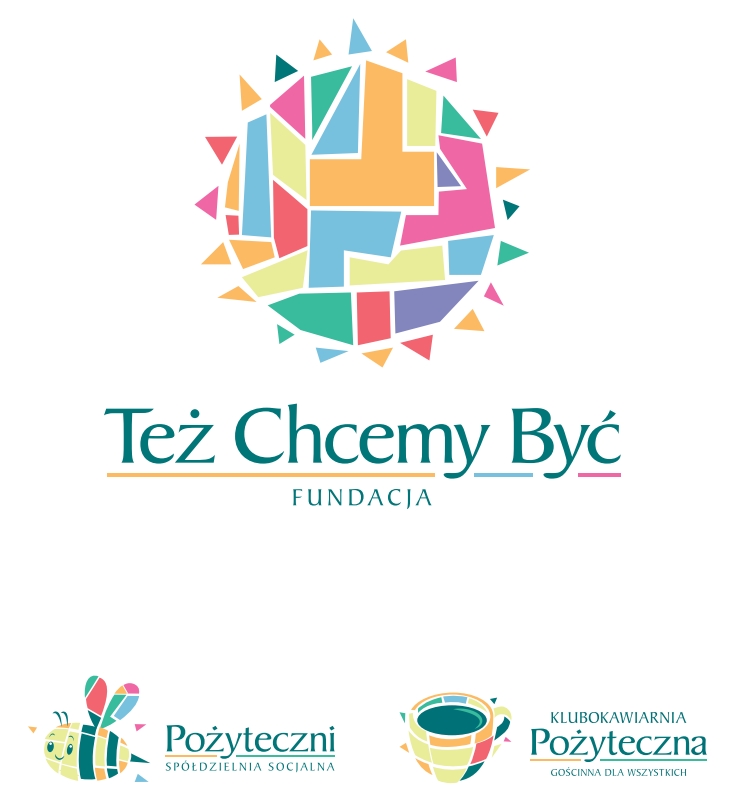
pobierz cały artykuł > > pdf w języku angielskim
pobierz cały artykuł > > pdf w języku polskim
Introduction
According to a report compiled by the Commissioner For Human Rights Once pertaining to the ratification by Poland of the Convention for the Rights of Persons with Disabilities, their numbers in our country are estaimated at around 5.5 million. Approximately 60% are classed as persons with an intellectual disability, with the highest rate of exclusion: more than half of them have no primamry eduaction, and the level of unemployment in this group exceeds 85%. According to a survey conducted by the „ Bardziej Kochani – More Loved“ Foundation, for the Municipal Once of the Capital City of Warsaw, 50.000 people in Warsaw alone are considered persons with intellectual disability. No other social group is a subject of so many myths, prejudices and negative stereoptyping. Sometimes, even peeple with di erent types of disabilites object when placed in the same group as people with intellectual disabilities. The latter are condemned to starvation benefits, suffer the worst poverty (one in four families is at risk) – and most often tend to stay in an „exclusion ghetto“
About us
„We Also Want To Be“ Foundation came about from a need of the heart and … the moment. We are a group of parents with children considred to be intellectually disabled to a light or moderate degree. In 2011 our children, the pupils of Kazimierz Kierejczyk‘s Special (Vocational*) Schools Complex nr 105 (on Dluga street in Warsaw) fnished their education and since there was no possibility of extending it by another year we were faced with a dilemma. In a life of every family with a disabled person there are two major di cult moments: the rst when one has to face and accept the disability of one’s own child, and the second one when the child graduates from school. When our children are at school life goes on more or less in a stable and safe manner – the same as in any other family – school, home, doing homework together … But, after graduation brutal reality hits with a set of new challenges. How do we introduce them into adult life, knowing all too well how meagre their chances are of nding any, even part-time, work (full time emloyment being out of the question). How do we organize their time, and nally – probably the most di cult question of all, which during their schooling time could be put aside for the future, what do we need to do to ensure a semblance of a normal life for them when we are no loger here, so they are not forced to live on welfare, social bene ts and condemned to a life in a care home…. This is how the idea of creating „We Also Want To Be“ Foundation came to life. Since 2011 we have been trying to nd answers to these questions and at the same time ghting to change the negative stereotyping surrounding persons with intellectual disability. Our Foundation was registered at the National Court Register in August 2012 and the main objectives and duties layed out in the Foundation’s Statute are as follows: „The Foundation’s aim is to promote and enable participation in employment and social integration of the disabled, and in particular persons with intellectual disability, and as a result to create jobs guaranteeing disabled people an opportunity of accessing posts compatible with their quali cations and abilities, and assuring additional means of support, also when their carrers are no longer present.“ We invite you to review the presentation of „We Also Want To Be“ Foundation’s activities.
A Photography Exhibition „A Portrait With and Without a Hat“
One of the Foundation’s rst achievemnts was an exhibition of photographic portraits of students and employees of Kazimierz Kierejczyk Special Schools Complex nr 105, entitled „A Portrait With and Without a Hat“. The photos were taken in improvised space at the school on Dluga street, and they were also showcased there for the rst time in June 2011. The portraits were taken by a father and son duo. The father – Tadeusz Pozniak, a photojournalist for a weekly magazine „Polityka“, a member of Polish Society of Photographers and also a teacher of a new generation of photographers, and the son – Maciek Pozniak, a disabled pupil from Kierejczyk school, with a keen interest in photography. The photographs shown at the exhibition were the rst and irrefutable evidence of how wrong we are when judging the capabilites of people commonly regarded as handicapped/disabled and of the great potential they can hold. We have also shown that, with proper education, the people under our Foundation’s care can function freely in certain occupational sectors, and also that a reltionship: parents – child – work opportunity – can be very efective.
A Social Campaign „We Also Want To Be. An Intellectual Disability Doesn’t Exclude From Life“
In the autumn of 2013 we undertook an even greater task. We decided to organize a social campaign promoting our motto: „An Intellectual Disability Doesn’t Exclude From Life“. We wanted rst of all to promote the ideas contained within the rati ed by Poland UN Convention for the Rights of Persons with Disabilities, with particular reference to the plight of persons with an intellectual disability. We also wanted to draw attention to a di cult, often desperate social and economic position of people with intellectual disability. We were looking to break negative and often false stereotypes relating to these handicaps. We managed to enlist the help of great partners. Prfessor Irena Lipowicz – the Commissioner For Human Rights – took the honorary patronage of the campaign while the media patronage was provided by Polish Radio One. Our other partners included „Promyk Slonca‘ a Foundation from Wroclaw and Stroer company, who let us use promotional space on their bilboards at a reduced rate: 42 bilboards in Warsaw and 20 in Wroclaw. As part of the campaign we also recorded a song, written by Marcin Wlodarczyk. The song, which served as a kind of anthem for our Foundation was played on radio shows where we talked about our campaign. You can listen to the song at: http//bit.ly/tezchcemybyc
more:
pobierz cały artykuł > > pdf w języku angielskim
pobierz cały artykuł > > pdf w języku polskim
